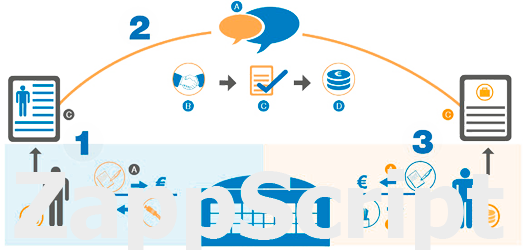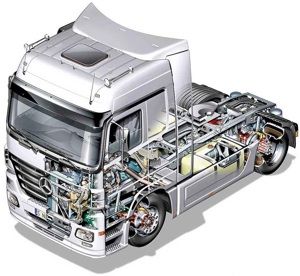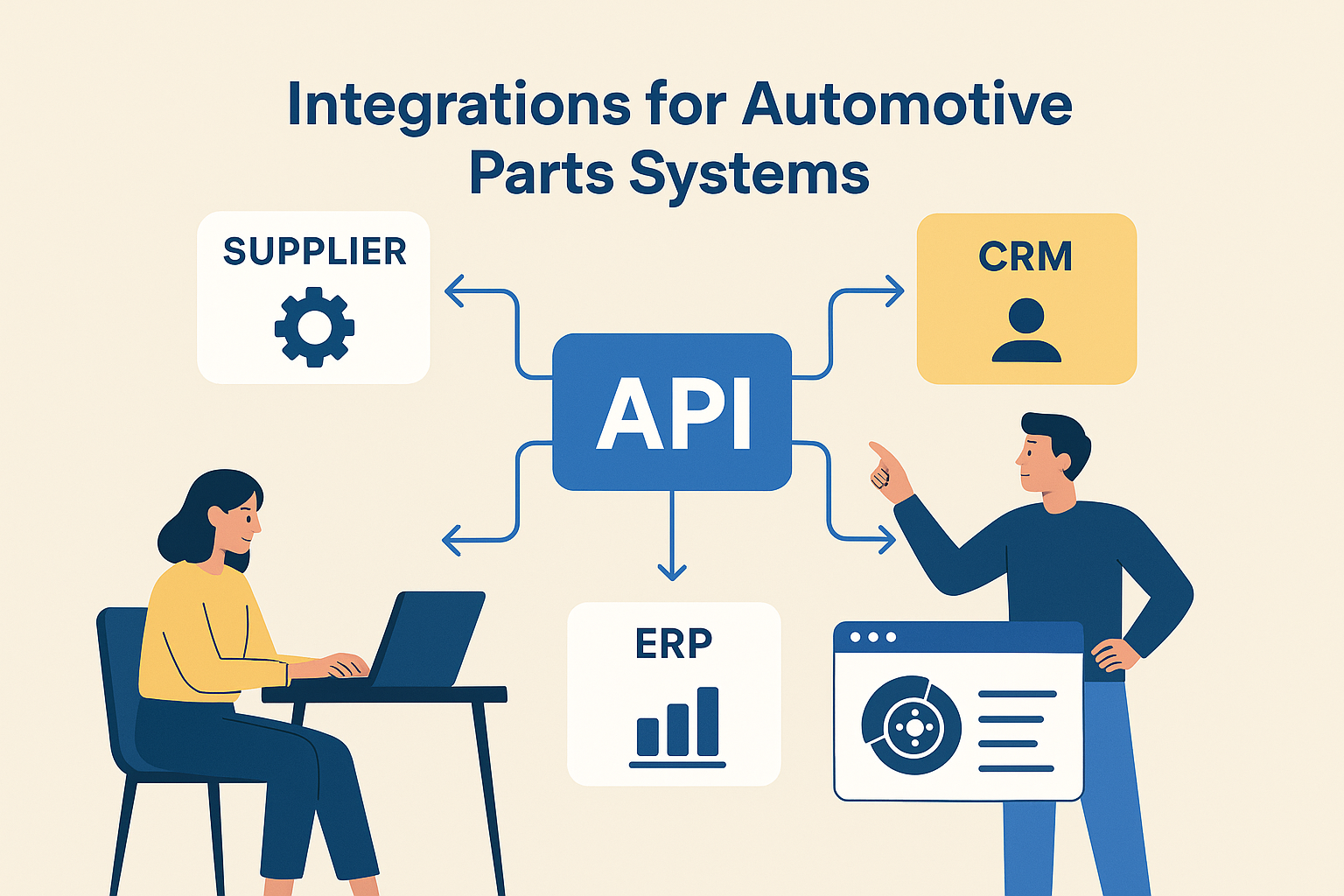What are the basic working principles of CMS and why are they important?
Understand CMS fundamentals: how content management systems work, their functions, types, and why they're essential for modern websites and e-commerce platforms.

Content Management System Principles: Essential Guide for Website Owners
Most internet users have encountered popular CMS platforms like WordPress, Joomla, Bitrix, and Drupal. While these represent just a fraction of available systems, they share common fundamental principles that make website management accessible and efficient for businesses of all sizes.
What is a CMS?
CMS stands for Content Management System - software that simplifies website content management without requiring specialized technical skills. These systems serve two primary functions:
- Dynamic Page Generation - Creating pages for users on demand
- Content Administration - Managing website content and structure
The Evolution of Content Management
In the early web era, websites consisted of static pages requiring manual code editing for any changes:
- Technical specialists (programmers and coders) handled all updates
- Slow update processes hampered business agility
- Security risks from multiple people accessing sensitive code
- Growing complexity with multimedia content (images, audio, video)
How CMS Systems Operate
Modern CMS platforms create cohesive websites rather than disconnected pages:
- Template-Based Design - Visual elements change while structure remains consistent
- Dynamic Content Delivery - Pages generated based on user parameters and behavior
- Personalized Experience - Content adapted to user history and preferences
- Automated Protection - Built-in security against spam and malicious activity
- Performance Optimization - Fast loading without information delays
Practical CMS Advantages
Simplified Content Updates
Without CMS: Manual code changes on every page for simple updates like phone numbers or links
With CMS: Single administrative interface changes reflecting across the entire site
Efficiency and Security
- Reduced dependency on technical staff
- Faster implementation of changes and updates
- Maintained security through controlled access
- Streamlined workflow for regular content updates
CMS Types and Selection Criteria
Commercial CMS Solutions
- Paid licenses with ongoing support
- 24/7 technical assistance and troubleshooting
- Regular security updates and feature enhancements
- Proven reliability for business-critical applications
Open-Source CMS Platforms
- Free to use and modify
- Large community support and documentation
- Extensive plugin and theme ecosystems
- Flexible customization options
When CMS Becomes Essential
While single-page websites might manage without CMS, expansion creates complexity:
- Multi-page sites require consistent updates across all pages
- E-commerce platforms need dynamic product catalogs
- Blogs and news sites demand frequent content publishing
- Business websites require regular information updates
Selection Guidelines
Choose CMS based on specific requirements:
- Business Size and Needs - Scalability and feature requirements
- Technical Expertise - Available skills for system management
- Budget Constraints - Licensing costs and development expenses
- Security Requirements - Data protection and compliance needs
- Integration Needs - Compatibility with existing systems
Application to Auto Parts E-commerce
For automotive parts businesses, specialized CMS solutions offer:
- Product catalog management with thousands of SKUs
- Inventory synchronization across multiple suppliers
- Vehicle-specific search and compatibility features
- Customer account and order management
- Integrated payment and shipping calculations
Understanding CMS principles helps businesses select the right platform for their specific needs, ensuring efficient content management, enhanced security, and improved customer experiences. The right CMS transforms website management from a technical challenge into a strategic business advantage.










